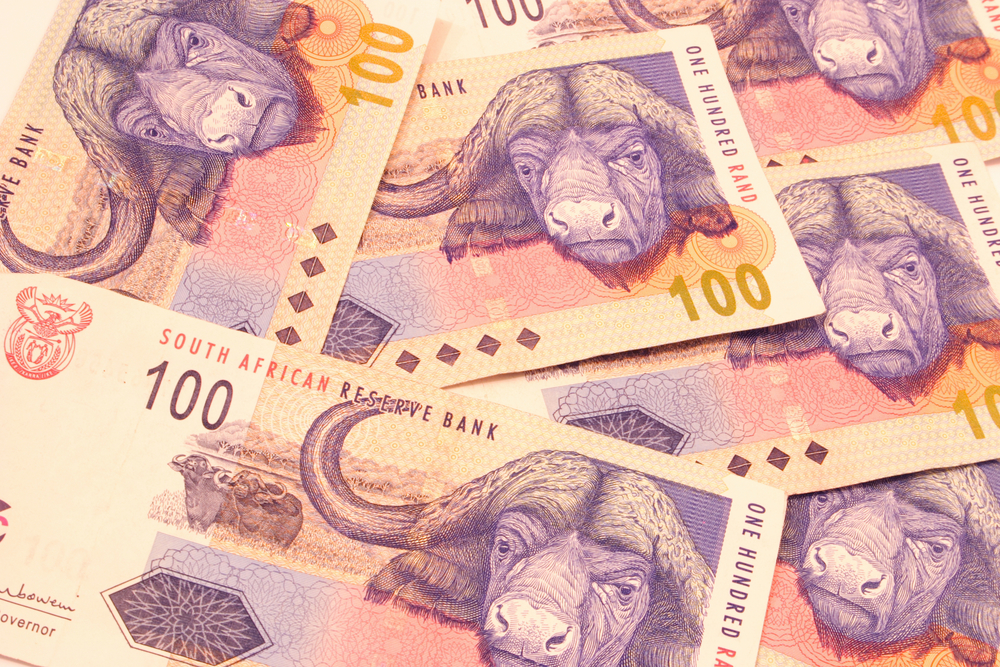A downgrade of the South African rand’s credit rating and sagging business confidence are the biggest risks to growth this year, a Reuters poll found, and would make it difficult for the economy to escape a slow-expansion trap.
Both Standard & Poor’s and Fitch Ratings Agency downgraded South Africa’s credit rating to below investment grade last month, citing likely changes in economic policy after Finance Minister Pravin Gordhan was fired, shaking confidence.
Some economists say the bar is not high for a currency rating downgrade this year but it remains a significant risk.
Christopher Shiells, an emerging market analyst at Informa Global Markets in London, said a downgrade would impact GDP growth and put upward pressure on South Africa’s cost of capital, further dampening investment.
“Businesses may now choose to withhold investment decisions that would otherwise have supported economic growth,” added Shiells.
According to the poll of twenty six economists, taken this week, growth will remain subdued at 0.9 percent this year, trimmed from 1.0 percent in the previous poll. Next year it is expected to expand 1.3 percent, slower than last month’s 1.5 percent forecast.
The business confidence index in South Africa edged up last month, however it is still very low by historical standards.
“Without a lift in business confidence, private sector fixed investment, which has already contracted for five straight quarters is unlikely to recover much, further undermining the creation of desperately needed jobs,” said Miyelani Maluleke, economist at Absa Capital.
Fixed investment is normally capital spending, such as buying new machinery for future production.
“We still say the answer is private-public partnerships, where government identifies the projects, but gets the private sector more involved and therefore it does not have to fund that itself initially,” said Kevin Lings, economist at Stanlib.
“It can use private sector balance sheets to fund all of this, but there does not seem to be any initiative,” he added.
Lings said the risk is that private business will increasingly look elsewhere to see if there are investment opportunities.
Johannesburg’s Top 40 index of blue chip companies currently sits comfortably at a price-to-earnings ratio of 20.58, with companies wary of investing locally but looking more into the continent and further abroad for safer bets.
REFORMS NEEDED
Economists said the top reforms needed to lift confidence and harness inclusive growth were predictable and consistent policies for business and an easing of labour regulations in Africa’s most industrialized economy.
Over a quarter of the labour force is unemployed and the World Bank noted South Africa remains a dual economy with one of the highest inequality rates in the world.
Still, Finance Minister Malusi Gigaba has sought to allay investor fears over his pledge of “radical economic transformation”, toning down the rhetoric just over a month into the job, to talk more of “inclusive growth”.
Economists mostly said they do not understand what “radical economic transformation” means for South Africa and hope to get more clarification in coming weeks when the African National Congress holds its policy conference.
The outlook for interest rates has not changed, the Reserve Bank is expected keep rates stable at 7 percent until at least 2020.

